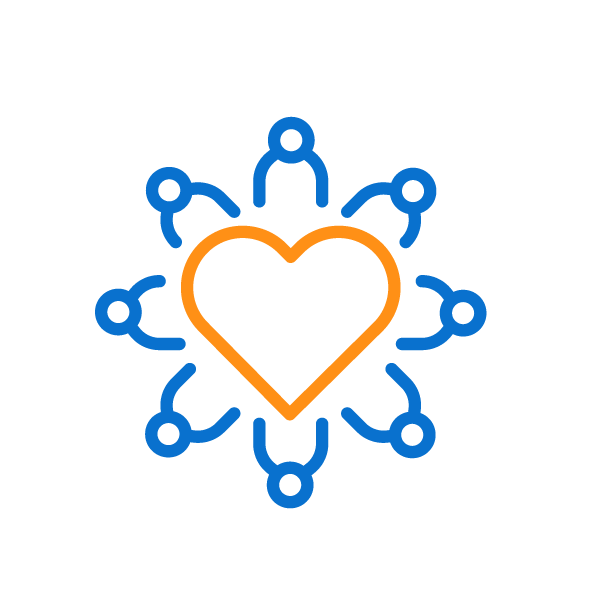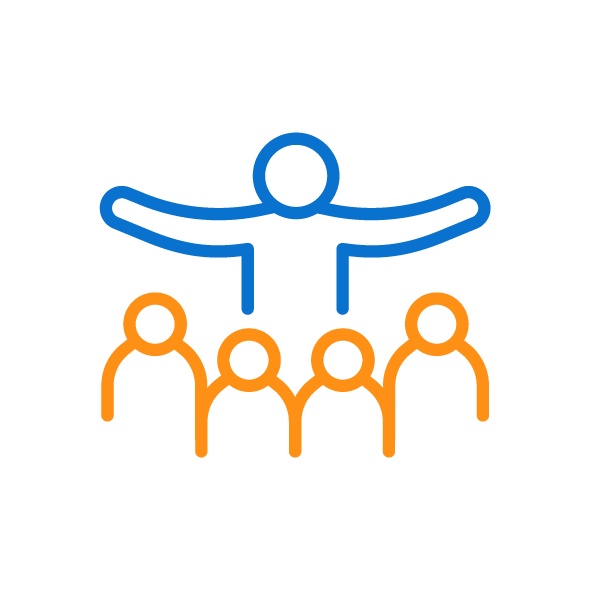At The Shoreline Therapy Center, we provide therapy and counseling that not only begins in the therapist’s office but also extends throughout the person’s life. We treat our clients in real, relatable terms — no psychobabble allowed — with sensitivity, care and privacy.
Call 203.453.2999
Child & Adolescent Therapy
Our approach always includes the family. Usually, we begin the therapy with a session just with the parents followed by three-to-four sessions with the…
Individual Adult Therapy
We believe the most critical step in therapy is determining the right fit between the individual and therapist. When a client begins with us, we schedule a meeting...
Couples Therapy
We believe the most important factor is finding a “safe place” where the couple can work on key issues. This allows us to “dig deep” and get to the underlying factors affecting...
Family Therapy
Our goal in family therapy is to take what is in many situations a dysfunctional family and to turn it into a functional family. A systems approach is particularly relevant for...
Co-Facilitated Therapy
We often employ co-facilitated therapy across all of our practice areas as the situation warrants. At The Center our team approach allows us the advantage...
Group Therapy
We generally employ a co-facilitated approach to bring multiple perspectives, usually by one of our therapists in conjunction with a Connections counselor...
One-on-One Coaching
We offer one-on-one coaching either to supplement any type of our therapies or on a stand-alone basis. Our coaches are adept at helping individuals deal with the obstacles...
Executive Functioning
Executive functioning helps manage all of life’s tasks. It is the ability to plan, adapt, manage time, have organizational skills, multi-task, and use self-control...
Case Management
At The Shoreline Therapy Center, our case managers are responsible for coordinating with our therapists, coaches, personal fitness trainers as well as external parties such as...
Child & Adolescent Therapy
Our approach always includes the family. Usually, we begin the therapy with a session just with the parents followed by three-to-four sessions with the…
Individual Adult Therapy
We believe the most critical step in therapy is determining the right fit between the individual and therapist. When a client begins with us, we schedule a meeting...
Couples Therapy
We believe the most important factor is finding a “safe place” where the couple can work on key issues. This allows us to “dig deep” and get to the underlying factors affecting...
Family Therapy
Our goal in family therapy is to take what is in many situations a dysfunctional family and to turn it into a functional family. A systems approach is particularly relevant for...
Co-Facilitated Therapy
We often employ co-facilitated therapy across all of our practice areas as the situation warrants. At The Center our team approach allows us the advantage...
Group Therapy
We generally employ a co-facilitated approach to bring multiple perspectives, usually by one of our therapists in conjunction with a Connections counselor...
One-on-One Coaching
We offer one-on-one coaching either to supplement any type of our therapies or on a stand-alone basis. Our coaches are adept at helping individuals deal with the obstacles...
Executive Functioning
Executive functioning helps manage all of life’s tasks. It is the ability to plan, adapt, manage time, have organizational skills, multi-task, and use self-control...
Case Management
At The Shoreline Therapy Center, our case-managers are responsible for coordinating with our therapists, coaches, personal fitness trainers as well as external parties such as...
The Connections Difference
The Shoreline Therapy Center’s Connections Program provides intensive, comprehensive community-based behavioral health care to children, adolescents and adults...
The Connections Program
The Connections Program is a unique approach to therapy, existing in a space somewhere between individual counseling and a residential-based program. Essentially, it’s a community based integrative outpatient program…

The Connections Difference
…learn more»

Our Model of Care
…learn more»

Populations Served
…learn more»

clients-story
…learn more»
— Blogs —
What is the Supervised Visitation Network?
Our team at Shoreline Therapy Center recently completed a 24-hour virtual training hosted by Supervised Visitation Network (SVN). SVN is an international, non-profit organization that consists of a network of agencies, including Shoreline Therapy Center, that they...
Happy Social Work Month!
Happy Social Work Month to all of our fellow social workers! Thank you for all that you do everyday, every month and all year. The work that we do is not easy and takes a lot of strength, empathy, and caring. As we support our societies each day, it’s important...
Mental Health Benefits of Spring Cleaning
As the seasons change and spring approaches, many of us feel the urge to clean and declutter our spaces. But did you know that spring cleaning isn’t just good for your home—it’s also incredibly beneficial for your mental health? From reducing stress to boosting mood,...
Reunification Therapy vs. Supervised Visitation
In child welfare and high-conflict divorce cases, a child can become distant from one or both parents. The child may not be in the parents' care due to being placed in foster care after a DCF investigation, or losing custody of the child to the other parent. After...
Tips for Therapy with Adolescents
Therapy can vary from being extremely successful, to very challenging when working with adolescents. Some adolescents agreed to therapy and felt they wanted support, however some teens are in therapy not by their own choice due to parents or other systems enforcing...
Hit the Unfriend Button on Toxic Relationships
Friends make life fun and sometimes, more tolerable. Having quality friendships is a key factor in having a more enjoyable life. However, not-so-great friendships can actually bring us down and have a negative impact on our mental health. Unless you know the signs...
Treat Yourself With Love
Valentine’s day is widely known to be a holiday for the lovers. For some people, this holiday can be very exciting for those who love to give to their partners and spend time together. For others, it can feel overwhelming with the pressure to go all out for their...

















